CX in Canada
/The CX team has been in Toronto this week taking part in a number of events to promote Commonwealth connections.
On Monday, our Executive Director Tim Hewish spoke at an event organised by the NATO Association of Canada about our report on security and defence: cooperation: "The Commonwealth's Call to Duty."
We were privileged to speak alongside Canadian Defence Minister the Hon, Jason Kenney MP and the Hon. Hugh Segal (former Senator, Commonwealth Envoy, and member of the Commonwealth Eminent Person's Group). Both were welcoming of our report and it's recommendations which is hugely encouraging and will hopefully help bring them about as soon as possible.
The unedited footage of the whole event is available here. Tim's speech starts here, Hugh Segal's starts here, and Minister Kenney's here.
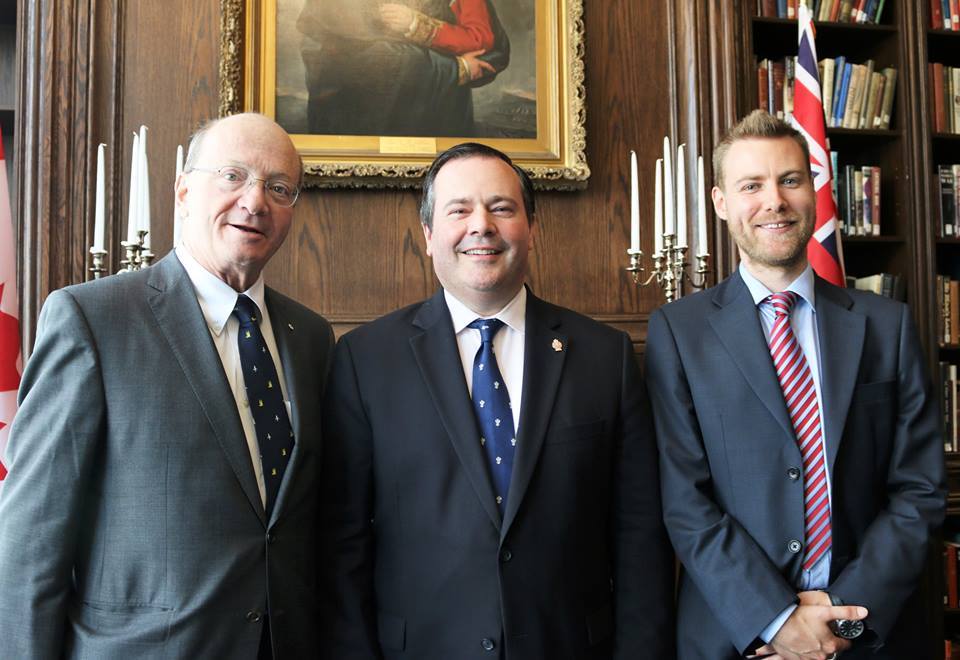
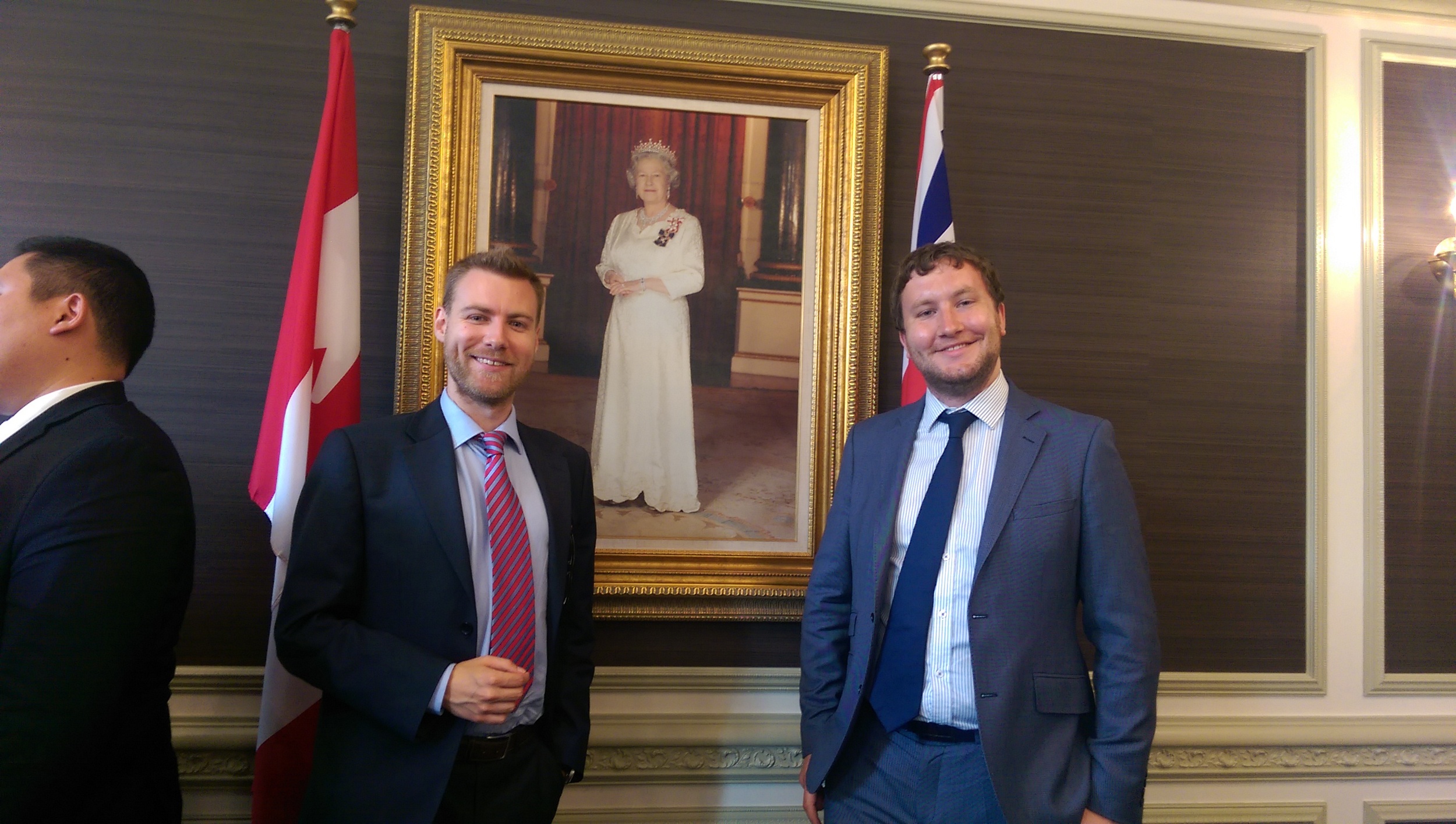
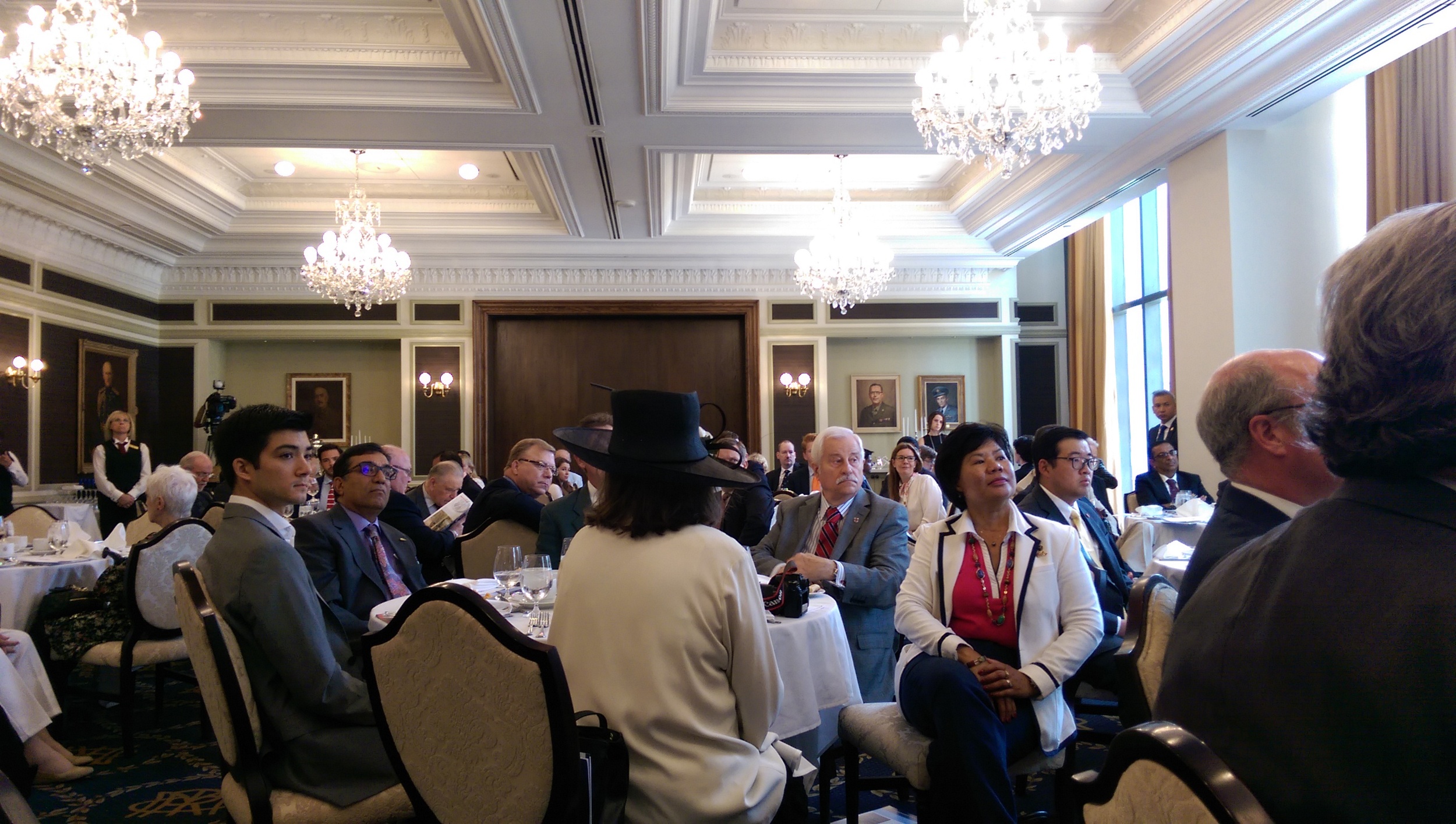
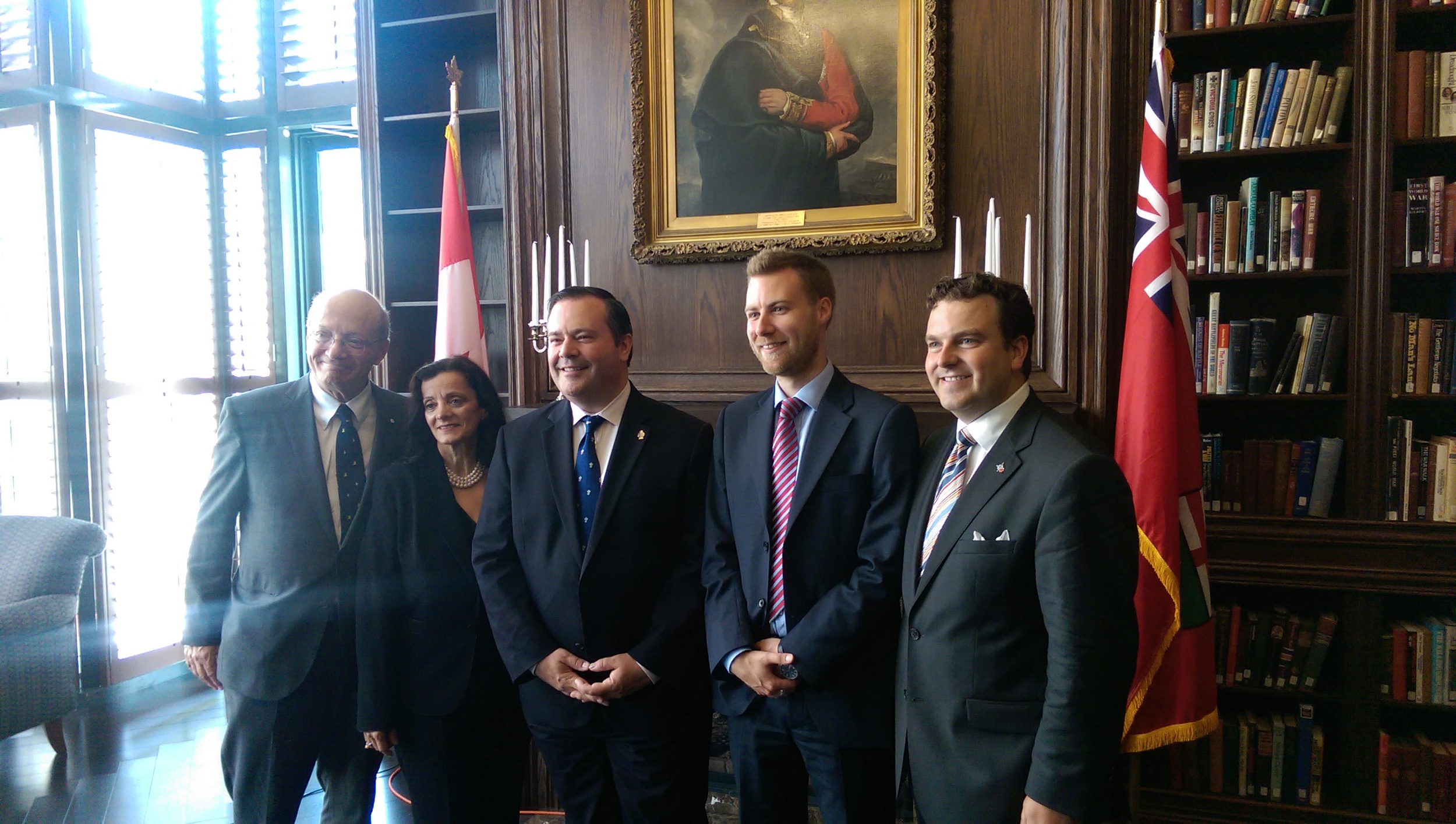
After the event, the CX Directors took part in the Nato Council's "Talk to a Diplomat" podcast series. You can listen to our episode here.
We were also able to catch up with our Advisory Board members Dr Roy Eappen and Michael Bonner as well as the NATO Council's Robert Baines and update them on CX's progress so far.
Finally, we were also honoured to speak as guests of the Royal Commonwealth Society of Toronto and the United Commonwealth Society. It was great to meet many of the Society's members and in particular to share a platform with Joannes Paulus Yimbesalu, a Cameroonian and a winner of the Queen's Young Leader Award.
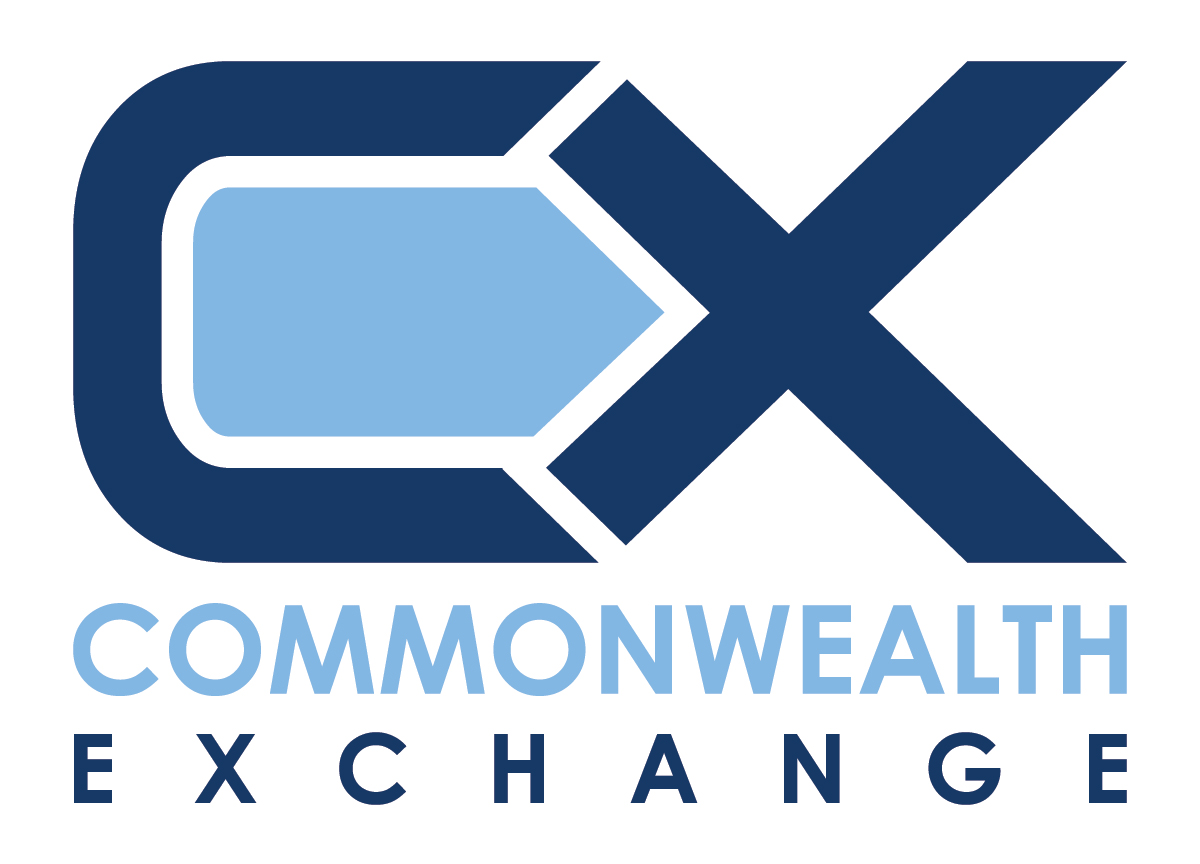

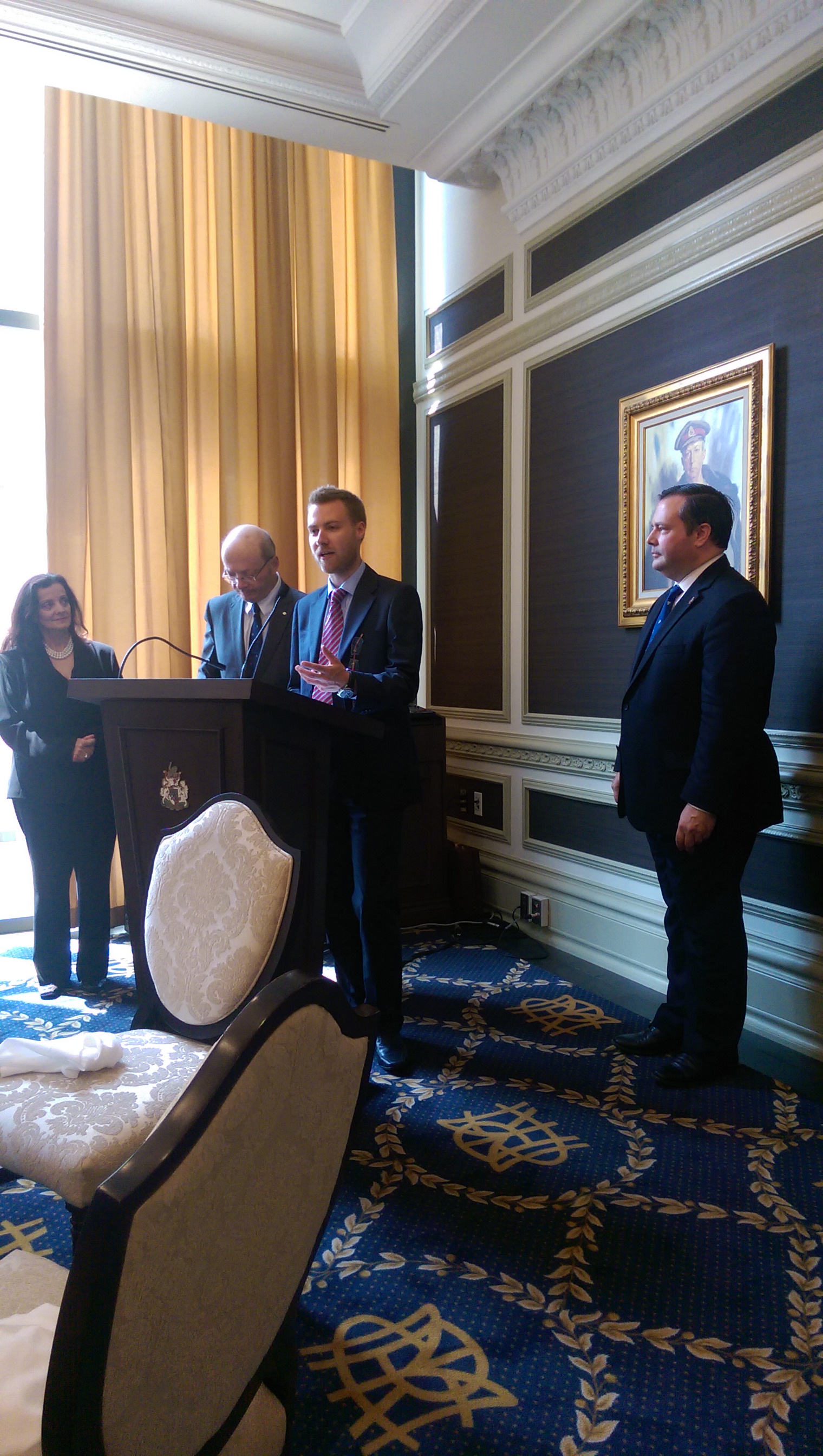

![IMAG1017_BURST008[1].jpg](https://images.squarespace-cdn.com/content/v1/5305fde9e4b09fae2c90af6b/1436972212259-HTXB92CPNIB2MS31XU18/IMAG1017_BURST008%5B1%5D.jpg)
![IMAG1022[1].jpg](https://images.squarespace-cdn.com/content/v1/5305fde9e4b09fae2c90af6b/1436972393300-E6WPKA2DEAW1X1374OSN/IMAG1022%5B1%5D.jpg)
![IMAG1034[1].jpg](https://images.squarespace-cdn.com/content/v1/5305fde9e4b09fae2c90af6b/1436972554297-X2NTGGXRH9V8H47SWL1B/IMAG1034%5B1%5D.jpg)
![IMAG1044_BURST001[1].jpg](https://images.squarespace-cdn.com/content/v1/5305fde9e4b09fae2c90af6b/1436972623798-BNMZ81NM3BBVNKHIV3MB/IMAG1044_BURST001%5B1%5D.jpg)






